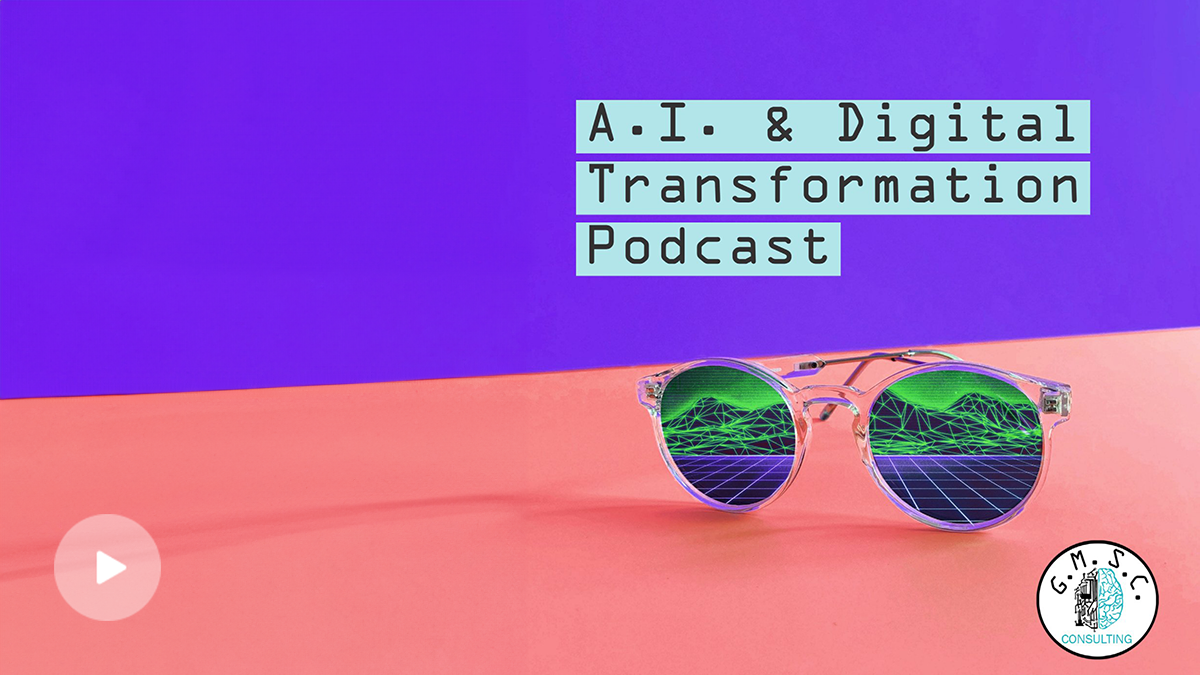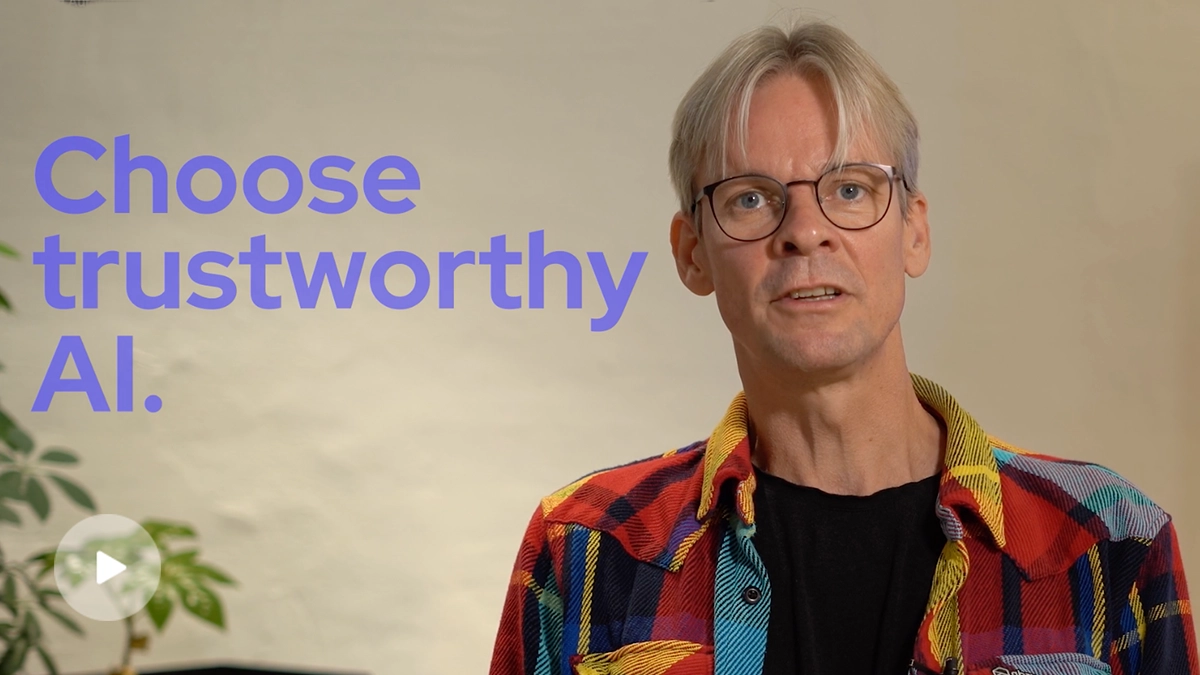This video was led by BETA.HEALTH, a Danish national health-innovation platform and grant program that funds and supports high-potential innovation projects stemming from clinical research discoveries.
Ida:
My name is Ida Thagaard. I work as an obstetrician at Hillerød Hospital.
Lone Krebs:
My name is Lone Krebs. I’ve been an obstetrician for more than 30 years. I work at Hvidovre Hospital. I have a professorship, and I work half of the time as a chief physician and half in research.
Ida:
Normally we do a consultation for every pregnant woman who has given birth through a c-section in the past. This happens mid-pregnancy, and then we discuss the risks of having a vaginal birth as opposed to a planned c-section.
Lone Hvidman:
Regarding birth, the risks are lowest if you have an uncomplicated vaginal birth. They’re a little bit higher with a planned c-section and highest with an acute c-section in an ongoing vaginal birth.
We never know how a birth will turn out before it’s over. Because of this, it’s necessary to weigh the risks of having a vaginal birth with the risks of an acute c-section as opposed to a planned c-section.
Lone Krebs:
For this purpose, we wanted to create an app that can inform the probability of an uncomplicated vaginal birth.
We’ve collaborated with Abzu, a company with experience in creating mathematical models. They analyzed data from a large dataset of pregnant women and created an app based on this data.
In the app, we can take into account factors like BMI, height, and reason for the previous c-section, and then it will calculate a percentage probability of a successful vaginal birth.
Valdemar:
At Abzu, we try to subtract the most data in the simplest way possible to best help researchers and clients who have a dataset they have questions about.
We’re very good at condensing the information that’s available in data into simple models. In this specific case, since there are so few inputs, we’ve been able to put it into an app that can be made readily available to a midwife or doctor where they can very quickly enter the 5 or 6 parameters that are needed to get a meaningful result.
A meaningful probability of what’s going to happen at the upcoming birth.
Lone Krebs:
We aim to show whether using this app will reduce the risk of needing an acute c-section, and therefore, the risk of serious complications.
Ida:
We also hope that this app can be used on a national scale in all Danish maternity departments, so that we can provide unidirectional counseling to women.
Lone Krebs:
BETA.HEALTH has held our hand. They’ve continuously helped us from the sidelines. We’ve had regular meetings, and they’ve helped us to realize our concrete goals.
C-sections are the most common surgery in Denmark — and the world. I think it is an important step to show how we can improve the utilization of existing data by collaborating with data scientists who can use this data in new ways.











